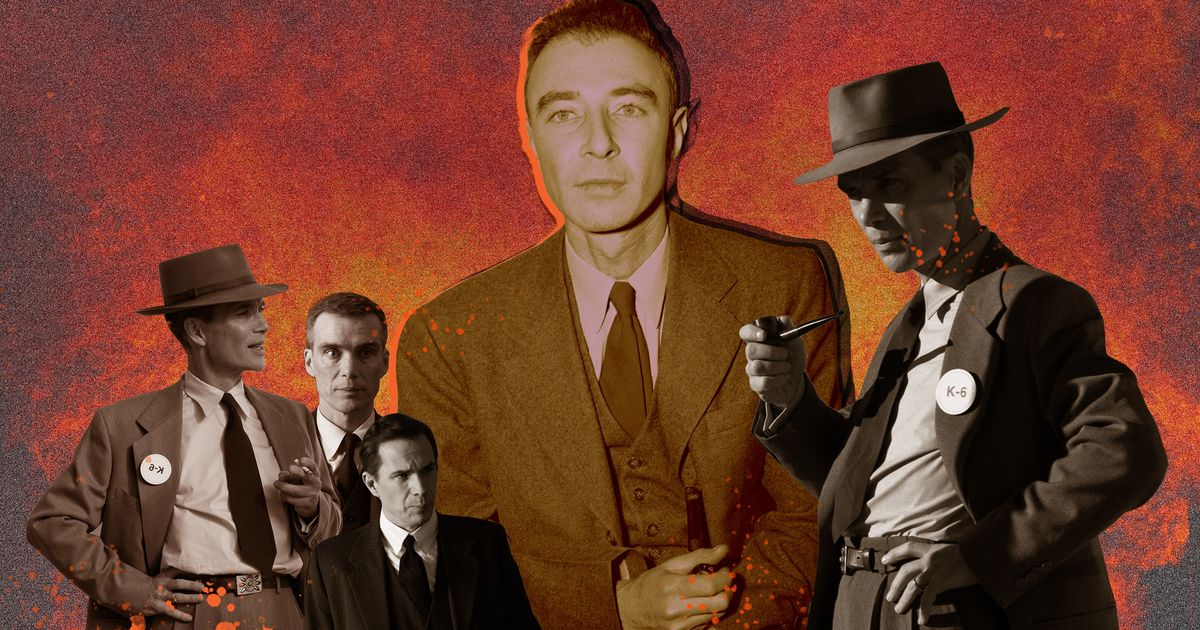Key takeaways:
- J. Robert Oppenheimer was the physicist credited as the father of the atomic bomb.
- The atomic bomb was tested in New Mexico on July 16, 1945, and dropped on Hiroshima and Nagasaki three weeks later.
- The upcoming movie “Oppenheimer” will explore his life and the moral dilemmas he faced.
On the twentieth anniversary of the atomic bombing of Hiroshima, J. Robert Oppenheimer, the physicist often credited as the father of the atomic bomb, was asked whether the bombing was necessary. In 1965, he told CBS News that the decision to use the bomb was made by military leaders “in good faith, with regret, and on the best evidence that they then had” at the time.
Oppenheimer tested the atomic bomb in New Mexico on July 16, 1945, three weeks before it was dropped on Hiroshima. Germany had already surrendered by this time, but Japan was still fighting. Three days after the bombing of Hiroshima, a second atomic bomb was dropped on Nagasaki, and Japan formally surrendered on September 2, 1945.
The upcoming movie “Oppenheimer” has sparked interest in the man and his legacy. If you’re unfamiliar with Oppenheimer, you may be wondering who he is and why he’s the subject of a movie. Oppenheimer was a physicist who was instrumental in the development of the atomic bomb. He was also a professor at the University of California, Berkeley, and the director of the Los Alamos Laboratory during the Manhattan Project.
Oppenheimer’s legacy is complex and controversial. While his work on the atomic bomb helped bring an end to World War II, it also ushered in a new era of nuclear warfare. The movie “Oppenheimer” will explore his life and the moral dilemmas he faced. It is set to be released in theaters later this year.



Be First to Comment